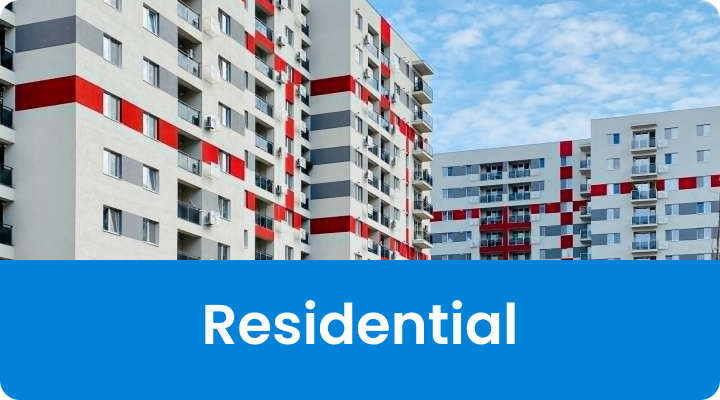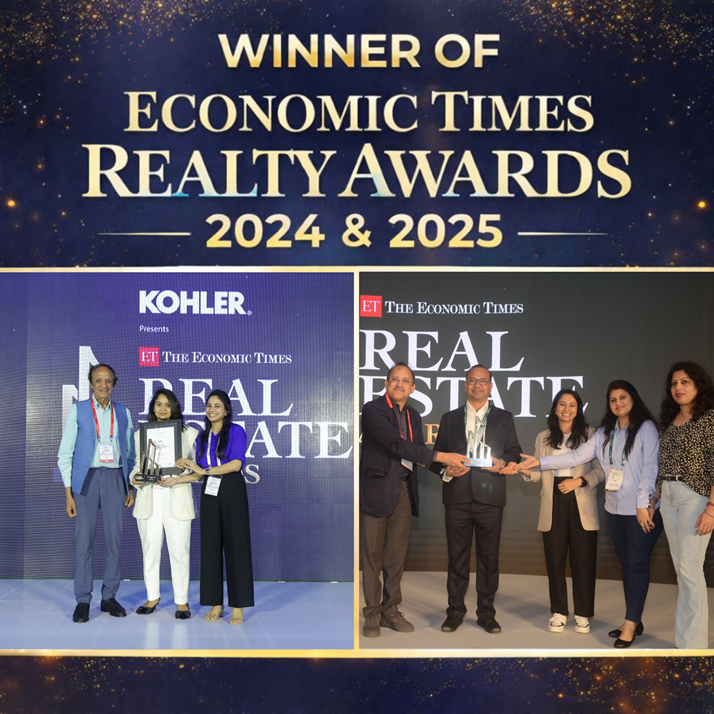Transforming Investments into Real Estate Success
Step into the future of real estate investments. From fractional ownership opportunities to complete leasing solutions, Agarwal Estates helps you access premium properties, secure strong returns, and enjoy peace of mind with every deal.

One Stop, All Solutions - Real Estate Services
- Home
- Commercial Real Estate
At Agarwal Estates, we specialize in providing reliable and transparent commercial real estate services in Bangalore. Whether you are a business looking for office space, an investor seeking steady rental income, or a landlord in need of property management solutions, we deliver comprehensive services tailored to your needs.
Our expertise covers commercial property leasing, tenant management, financing guidance, property maintenance, and strategies to enhance your long-term commercial property value. With Agarwal Estates, your commercial investments in Bangalore remain secure, profitable, and future-ready.
India’s commercial real estate market is no longer limited to high-net-worth investors. With Agarwal Estates, you can invest in premium properties through fractional ownership, unlocking stable, low-risk growth opportunities.
Why Investors Trust Agarwal Estates for Commercial Real Estate in Bangalore?
Complete Transparency & No Hidden Agendas
Handpicked Investment Opportunities
Expert Consultation & Advisory
Investor-Centric Approach
Proven Track Record & Market Expertise
Expert Consultation & Advisory
Get in Touch
Key Benefits of Fractional Commercial Real Estate Investment:
Start with ₹25 Lakhs/ Start Small, Dream Big
Access premium commercial properties through fractional investment.
8%+ Rental
Yield
Enjoy consistent income from high-quality tenants.
12–16% Targeted
IRR (5 Years)
Optimize returns with long-term planning.
Long-Term Leases
Benefit from stable tenants and lower vacancy risks.
Marquee Tenants
Invest in properties leased to reputed national and international brands.
Hassle-Free Ownership
Professional property management ensures your investment is fully cared for.
Based on your profile, we will present a selection of meticulously vetted commercial real estate opportunities. Each option comes with a detailed financial analysis, so you have all the information you need to make an informed decision.
Commercial real estate (CRE) refers to properties used for business purposes such as offices, retail spaces, warehouses, and industrial units, where income is generated through rent or capital appreciation.
Commercial real estate offers higher rental yields (6–10%), long-term capital growth, and reliable tenants like corporates or businesses compared to residential real estate.
Location, tenant profile, lease terms, property type, infrastructure, and legal compliance are key factors to evaluate.
It depends on your financial goals. Buying gives long-term asset appreciation, while renting provides flexibility and lower upfront costs.
Risks include longer vacancy periods, higher initial investment, and dependency on market demand. Proper due diligence reduces these risks.
We analyze your business needs, budget, and location preferences to shortlist the most suitable office, retail, or industrial spaces, saving you time and effort.
Yes. We negotiate lease terms, verify tenants, and ensure transparent agreements that safeguard your financial and legal interests.
Absolutely. Our experts identify high-yield investment opportunities backed by research, market insights, and due diligence to maximize returns.
We bring over a decade of trust, transparency, and market expertise — offering not just property transactions but complete end-to-end commercial real estate solutions.
Read what our customer say




Properties

5810 Sq.Ft. 4 BHK Residential ...
Whitefield main road
SUPER AREA
5810 Sq.Ft.
SUPER AREA
5810 Sq.Ft.
SUPER AREA
5810 Sq.Ft.

5810 Sq.Ft. 4 BHK Residential ...
Whitefield main road
SUPER AREA
5810 Sq.Ft.
SUPER AREA
5810 Sq.Ft.
SUPER AREA
5810 Sq.Ft.








